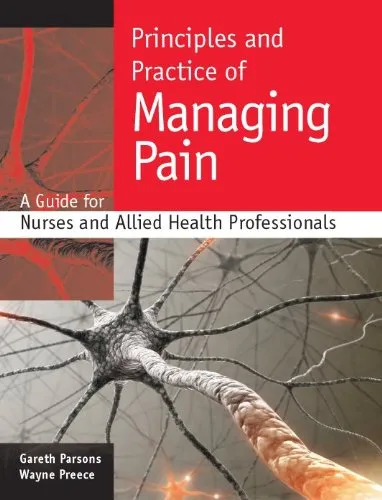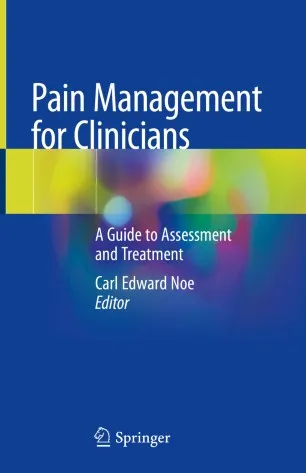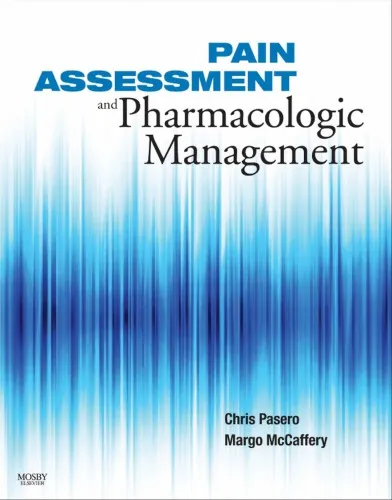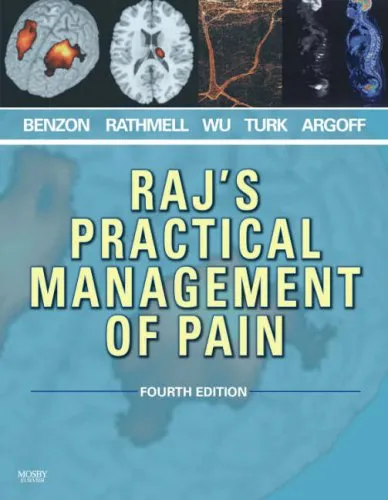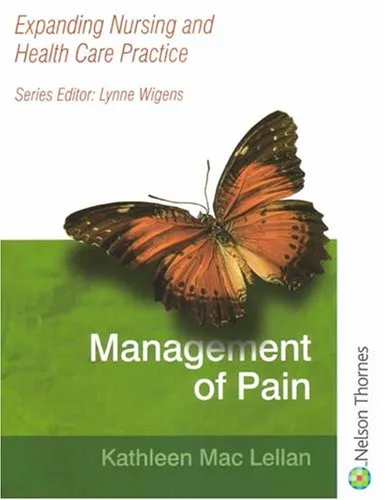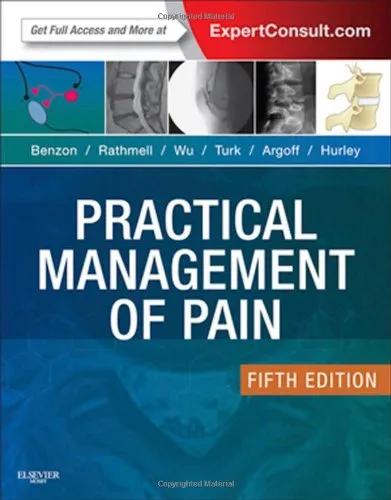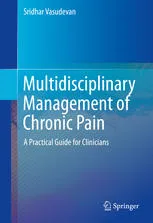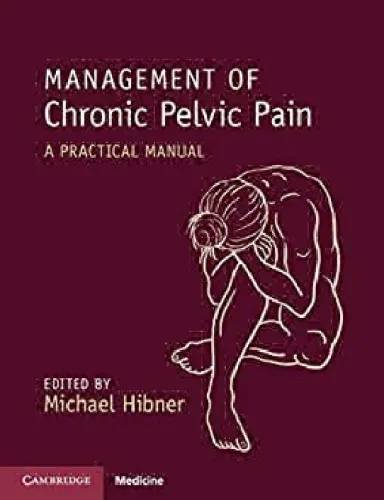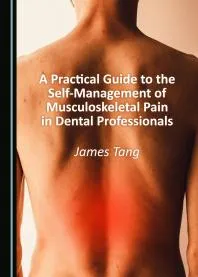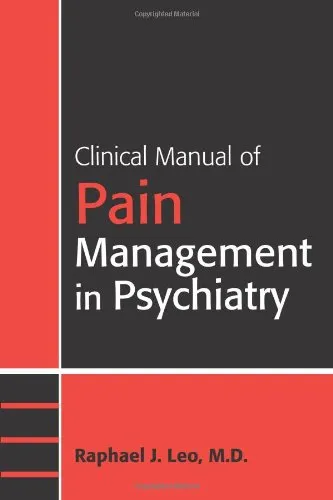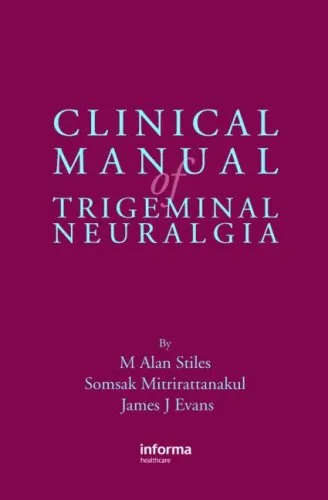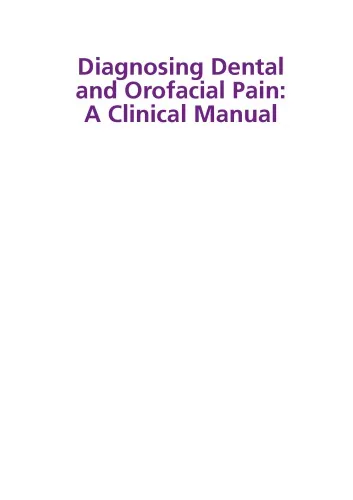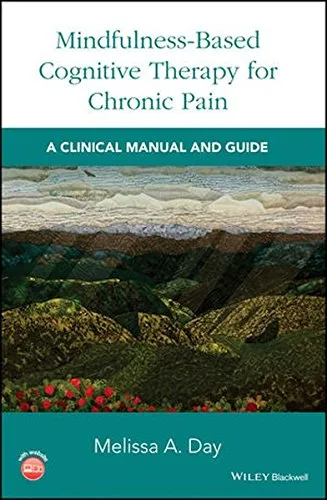Principles and Practice of Managing Pain: A Guide for Nurses and Allied Health Professionals
4.3
Reviews from our users

You Can Ask your questions from this book's AI after Login
Each download or ask from book AI costs 2 points. To earn more free points, please visit the Points Guide Page and complete some valuable actions.Related Refrences:
Pain management is a critical component of healthcare, especially for nurses and allied health professionals who are on the front lines, providing care and comfort to those in need. 'Principles and Practice of Managing Pain: A Guide for Nurses and Allied Health Professionals' is meticulously crafted to arm healthcare providers with the essential knowledge and skills required to effectively manage pain and improve patient outcomes.
Detailed Summary of the Book
This comprehensive guide delves deeply into the multifaceted nature of pain management, offering evidence-based strategies and practical insights grounded in theory and practice. The book is structured to address both the scientific and emotional aspects of pain, emphasizing the importance of a holistic approach in alleviating suffering.
The text is divided into several parts, each focusing on a distinct aspect of pain management. Beginning with an overview of pain physiology and assessment techniques, it provides a foundation for understanding how pain manifests within the human body. Further sections explore pharmacological interventions, including analgesics and adjuvant therapies, alongside non-pharmacological approaches such as cognitive-behavioral therapy, acupuncture, and physical therapy.
In addition to these, the book underscores the significance of interprofessional collaboration and communication skills in creating comprehensive care plans that cater to individual patient needs. Real-life case studies are interspersed throughout to illustrate the practical application of theoretical principles and enhance clinical decision-making skills.
Key Takeaways
- Understanding the fundamental principles of pain physiology and assessment is crucial for effective management.
- Integrating pharmacological with non-pharmacological strategies can enhance patient outcomes.
- Communication and collaborative practice are essential components of successful pain management.
- Continuous education and adaptation to emerging research and technologies are necessary for advancing practice.
Famous Quotes from the Book
"To understand a patient's pain is to comprehend their world."
"Pain is not just a symptom; it is an experience that affects every corner of a person's life."
Why This Book Matters
'Principles and Practice of Managing Pain' serves as an indispensable resource for nurses and allied health professionals, offering insights that extend beyond traditional medical training. It fosters a deeper understanding of pain that transcends clinical reductionism, urging caregivers to see pain through the eyes of the sufferers themselves.
Moreover, in an era where personalized medicine is becoming increasingly significant, this book equips healthcare professionals with the necessary tools to create tailored, patient-centered pain management plans that address not only the physical but also the psychological and social dimensions of pain.
This guide is not just about managing pain; it is about transforming the healthcare approach to pain itself, which is pivotal for the evolution of compassionate, effective, and empathetic care.
Free Direct Download
You Can Download this book after Login
Accessing books through legal platforms and public libraries not only supports the rights of authors and publishers but also contributes to the sustainability of reading culture. Before downloading, please take a moment to consider these options.
Find this book on other platforms:
WorldCat helps you find books in libraries worldwide.
See ratings, reviews, and discussions on Goodreads.
Find and buy rare or used books on AbeBooks.
1584
بازدید4.3
امتیاز0
نظر98%
رضایتReviews:
4.3
Based on 0 users review
Questions & Answers
Ask questions about this book or help others by answering
No questions yet. Be the first to ask!
